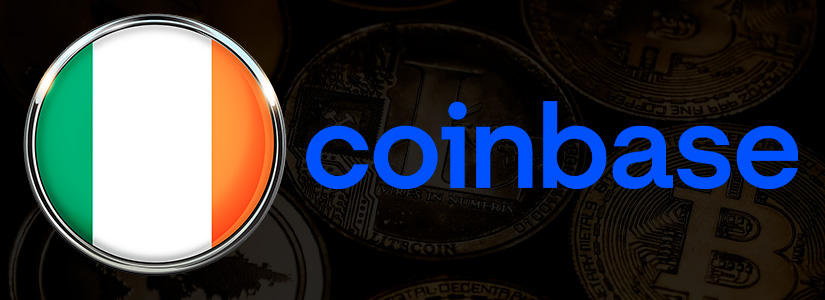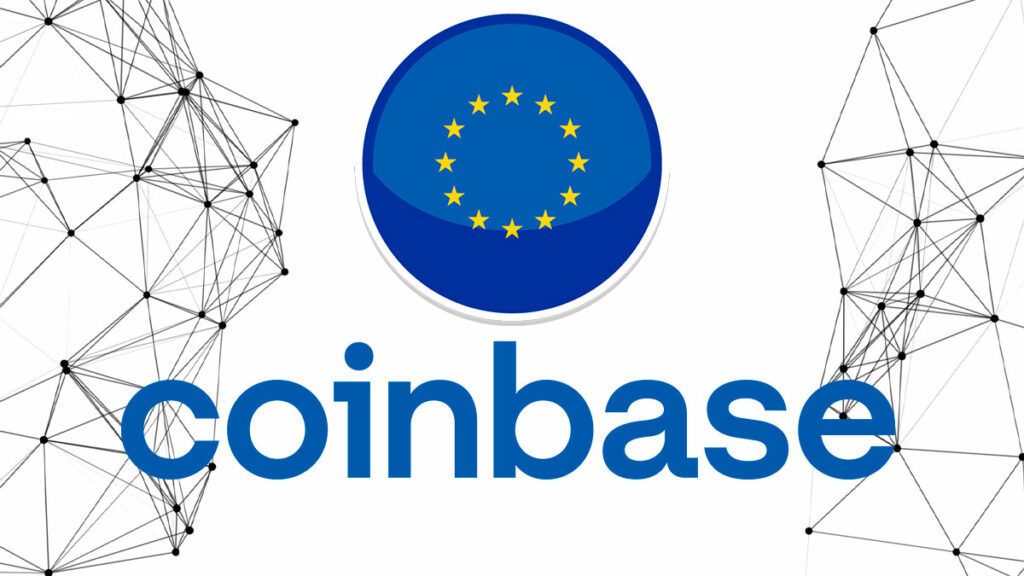Coinbase, the leading cryptocurrency exchange based in the United States, has chosen Ireland as its primary operational and regulatory hub in the European Union. This strategic move comes amid the introduction of the Markets in Crypto-Assets Regulation (MiCA), a new regulatory framework by the EU.
Coinbase has been operating in Dublin, Ireland since 2018 and currently employs about 100 people. The company has submitted an application for a license under MiCA with the Central Bank of Ireland.
Coinbase Continues to Move Forward with Its European Expansion
If approved, Coinbase will possess a universal “MiCA license” in Ireland, enabling it to “passport” its services into other EU countries like Germany, France, Italy, and the Netherlands without having to apply for individual licenses in each country. The MiCA regulation is the EU’s attempt at introducing a pan-European regulatory framework for crypto companies.

The objective of the regulation is to establish safeguards for investors who engage in the purchase and sale of cryptocurrency assets. This legislation will permit cryptocurrency businesses to operate across all 27 member nations of the EU with a single license obtained from any one country.
Coinbase is confident it will be able to secure this license and plans to be operational with its MiCA license from “day one” according to Nana Murugesan, Coinbase’s vice president. The decision to choose Ireland was influenced by its supportive political environment for FinTech companies and globally respected regulator.
This development is part of Coinbase’s broader strategy to expand its product and service offerings across Europe. The company recently announced Germany as a Talent hub and has further plans for Ireland, Benelux and Nordics, Spain, and Italy. As Coinbase faces regulatory pressure back home, it is banking on growth in the European Union.
The implementation of the Markets in Crypto-Assets Regulation (MiCA), anticipated to take effect towards the end of 2024, will enable Coinbase to cater to a vast market. This includes 450 million individuals spread across 27 nations, all under a single regulatory structure and supervised by a single national authority, as stated in the company’s announcement.










